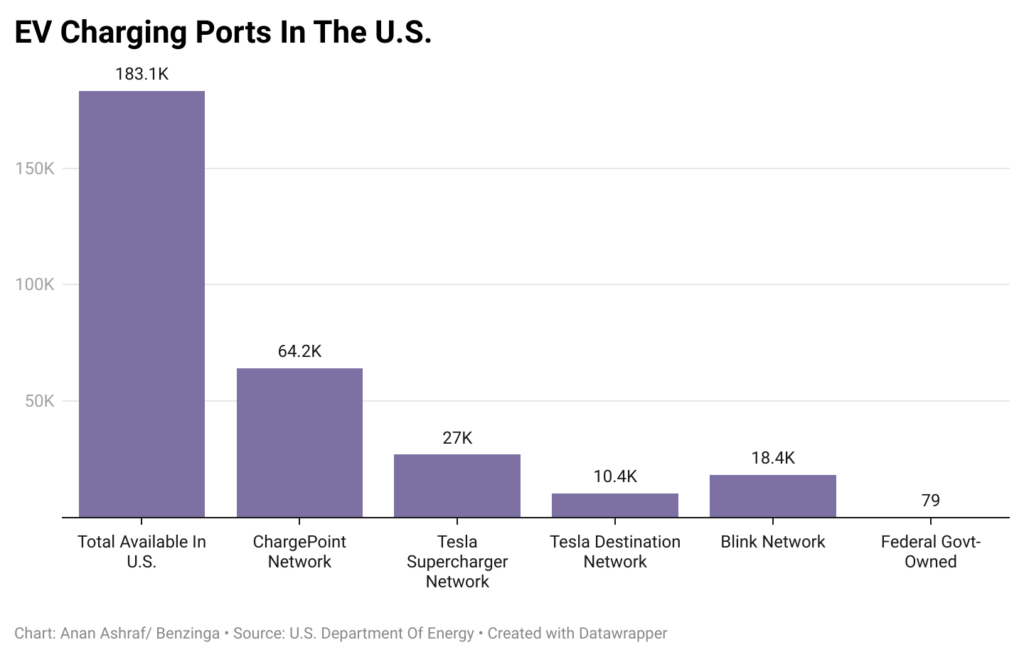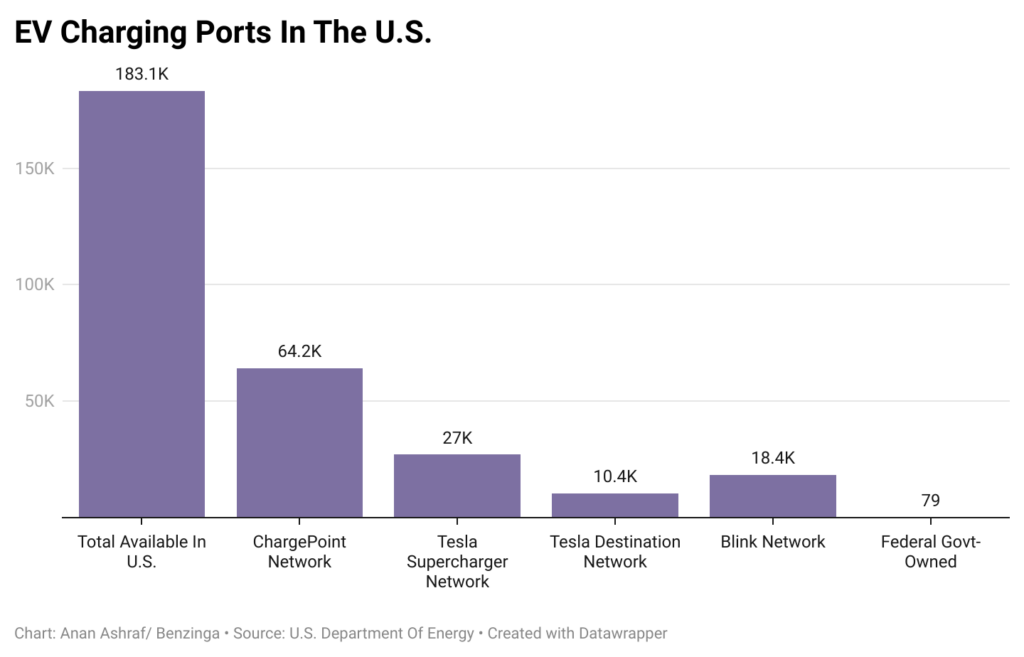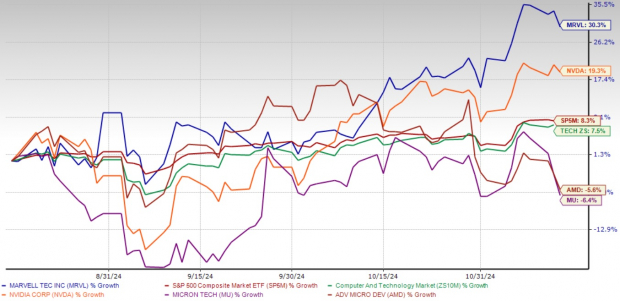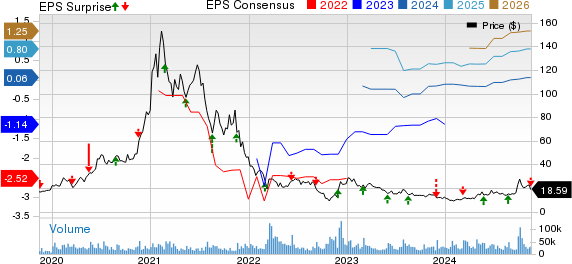An Upward Trend in Public EV Chargers
Since the commencement of the Biden-Harris Administration, a noteworthy surge has been observed in the deployment of publicly available EV chargers. The U.S. Department of Energy asserts that an astounding 1000 public chargers are integrated into the network every week.
Investment and Expansion
The Biden-Harris Administration’s commitment to fostering eco-friendly transport alternatives is evident in the announcement of $521 million allocated to erect over 9,200 EV charging ports across 29 states, two Federally Recognized Tribes, and the District of Columbia. Despite criticism on the pace of deployment, substantial progress has undeniably been made.
Analysis of Charger Ownership
According to the Department of Energy’s data center, there are approximately 196,063 public EV charging ports scattered across 72,573 locational bases in the United States. Nevertheless, a fraction of these ports remain unavailable – either under construction, out of service, or offline.
The revelation that the majority of these charging ports are privately owned is a notable development. Out of the nearly 183,000 operational ports accessible to EV drivers, a substantial 63,000 are under private ownership. In contrast, federal ownership accounts for a mere 79 ports, while the state governments possess about 1000 ports and local municipalities approximately 4000 ports.
Well-known entities in the EV charging space such as Tesla Inc, Blink Charging, and ChargePoint exercise dominance in the ownership landscape. Tesla’s supercharger and destination networks collectively house 27,000 and 10,000 ports respectively. Meanwhile, Blink Charging boasts 18,425 ports, and ChargePoint outranks with an impressive 64,000 ports to its name.
Comparative Analysis with NEVI Formula Program
Despite the NEVI Formula Program’s ambitious goals, the data center reveals that only 68 charging ports have been established across 19 different station locations under this initiative. The contrast between public and private ventures highlights the potential for collaboration and expansion in the EV charging infrastructure sector.

For a deeper insight into the future of mobility, readers are encouraged to explore Benzinga’s comprehensive coverage on this subject.



